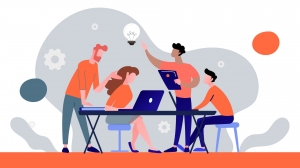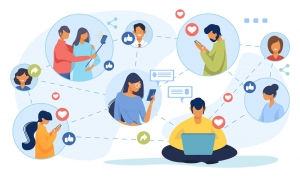In today's world, creating access for people with disabilities is not just a matter of convenience; it's a fundamental aspect of ensuring equality and inclusivity. Across the globe, numerous organizations are dedicated to enhancing opportunities for individuals with disabilities, striving to break down barriers and create a more accessible and inclusive society.
One of the primary roles of these organizations is to advocate for the rights of people with disabilities. They work tirelessly to promote legislation and policies that protect the rights of individuals with disabilities, ensuring equal access to education, employment, healthcare, transportation, and other essential services. By lobbying governments and policymakers, these organizations play a crucial role in shaping laws and regulations that promote inclusivity and accessibility.
Organizations for people with disabilities are instrumental in raising awareness and changing societal attitudes towards disability. Through public campaigns, educational programs, and community outreach initiatives, they challenge stereotypes and misconceptions about disabilities, promoting a more positive and inclusive understanding of disability. By fostering a culture of acceptance and respect, these organizations help to create a more inclusive society where people with disabilities are valued for their abilities and contributions.
In addition to advocacy and awareness-raising efforts, organizations for people with disabilities also provide vital support services and resources to individuals and their families. These services may include counseling, peer support groups, vocational training, assistive technology, and accessibility assessments. By offering these resources, organizations empower individuals with disabilities to live more independently and participate fully in society.
Organizations play a crucial role in promoting accessibility in the built environment. They work with businesses, government agencies, and other stakeholders to ensure that public spaces, buildings, transportation systems, and digital platforms are designed with accessibility in mind. From wheelchair ramps and accessible restrooms to captioned videos and screen readers, these accessibility features enable people with disabilities to navigate their surroundings and access information independently.
Organizations for people with disabilities often serve as platforms for networking and community building. They provide opportunities for individuals with disabilities to connect with one another, share experiences, and advocate collectively for their rights and interests. By fostering a sense of community and solidarity, these organizations empower individuals with disabilities to become agents of change in their own lives and communities.
Conclusion
Organizations for people with disabilities play a vital role in enhancing opportunities and creating access for individuals with disabilities. Through advocacy, awareness-raising, support services, accessibility initiatives, and community building, these organizations work tirelessly to promote inclusivity, equality, and empowerment for people with disabilities. As we strive towards a more inclusive society, the contributions of these organizations are more important than ever in ensuring that everyone, regardless of ability, has the opportunity to thrive.






